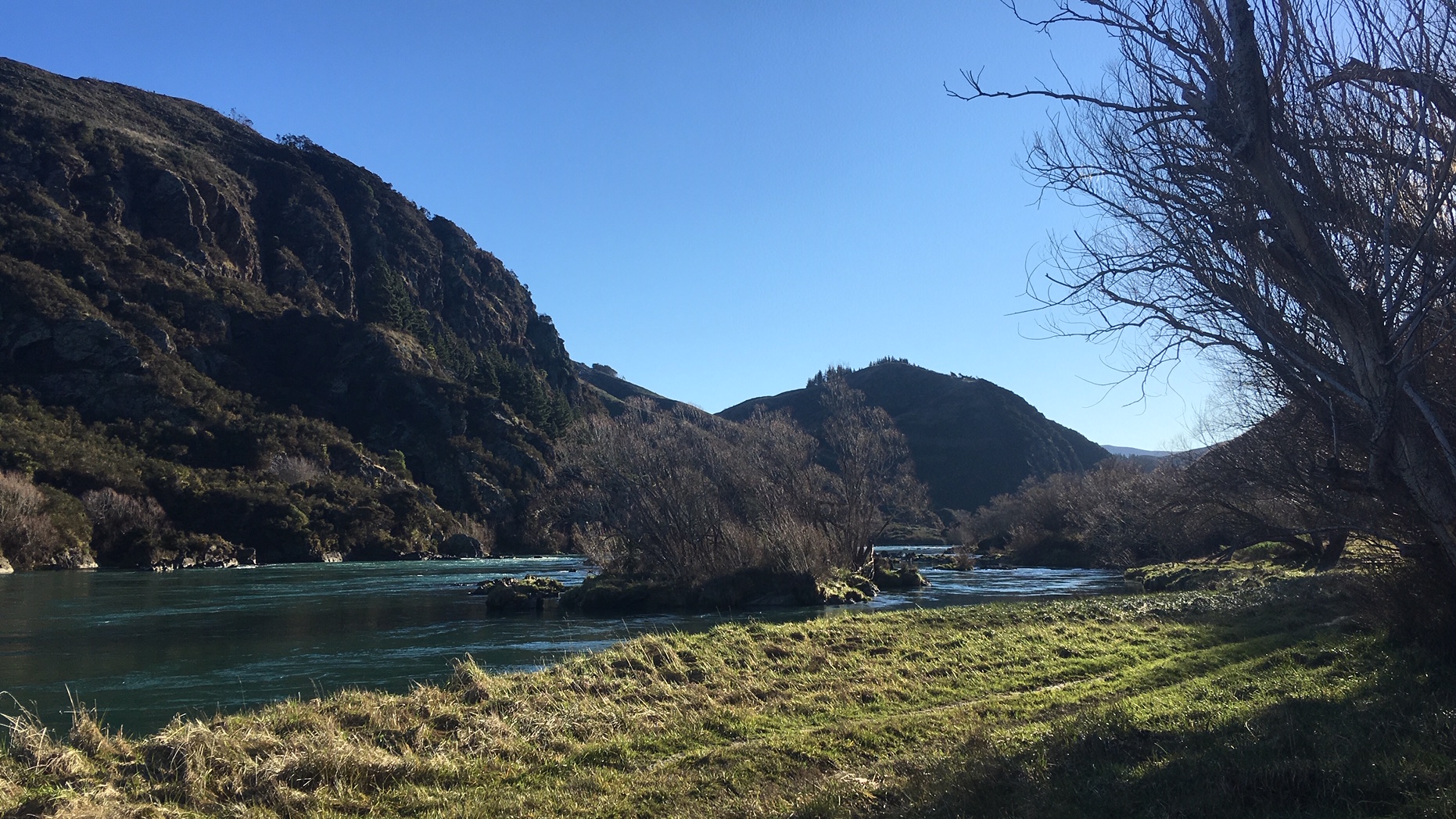
A statement of claim was lodged in the court on Friday and the Crown was served with papers this afternoon, not long after Prime Minister Jacinda Ardern announced her second-term Cabinet with more Māori ministers than any other.
The aim of the action is to try to speed up the Government's engagement with Māori over management of freshwater.
Lisa Tumahai, the chairwoman of Te Runanga o Ngāi Tahu, or kaiwhakahaere, said the statement of claim was to address the ongoing degradation of awa (rivers) and moana (lakes) caused by environmental mismanagement.
"For generations we were excluded from our place as kaitiaki, guided by centuries of wisdom and knowledge handed down by our tupuna, in protecting the health and quality of the wai (water).
"For too long, governments have talked about addressing these issues but have made piecemeal progress. That is not enough. Now is the time to act," says Tumahai.
"We have tried to engage with the Crown on these issues without success. We agree with the Waitangi Tribunal in its freshwater inquiry stage 2 report last year that progress on the recognition of our rights, responsibilities and obligations to freshwater in our takiwā now requires a test case in the courts."
The case is being brought by 15 senior Ngāi Tahu leaders from across the Ngāi Tahu takiwā, including Sir Tipene O'Regan, and Te Rūnanga o Ngāi Tahu,
Tumahai said Ngāi Tahu viewed the action as a matter of public good.
"We want to work together with all South Islanders to find solutions. The pollution affects us all. We have a generation of New Zealanders who have not been able to swim in our rivers."
Dr Te Maire Tau, head of Ngāi Tūāhuriri, said successive governments had mismanaged freshwater.
"The results are evident in the condition of rivers, lakes and streams throughout Canterbury, Otago and Southland."
She said Ngāi Tahu was seeking to compel the Crown to address these issues in partnership with the iwi.
Rangatiratanga over water meant that Ngāi Tahu has rights, responsibilities and obligations relating to the freshwater in its area, or takiwā, including doing what it can to stop the degradation of waterways and the environment.
"This is also a matter of tribal survival - our Ngāi Tahu practice of mahinga kai is dependent on healthy waterways," said Dr Tau.
"The current law is first in, first served, leading to severe over-allocation. It comes from a perspective of water as a resource to be extracted, often well beyond users' needs. It does not put the science, or the health of the waterways on which our own health depends first."
Environment Minister David Parker would not comment on Ngāi Tahu's legal action other than to say: "We intend to advance water allocation issues in this term of government."











